China and the Western Press
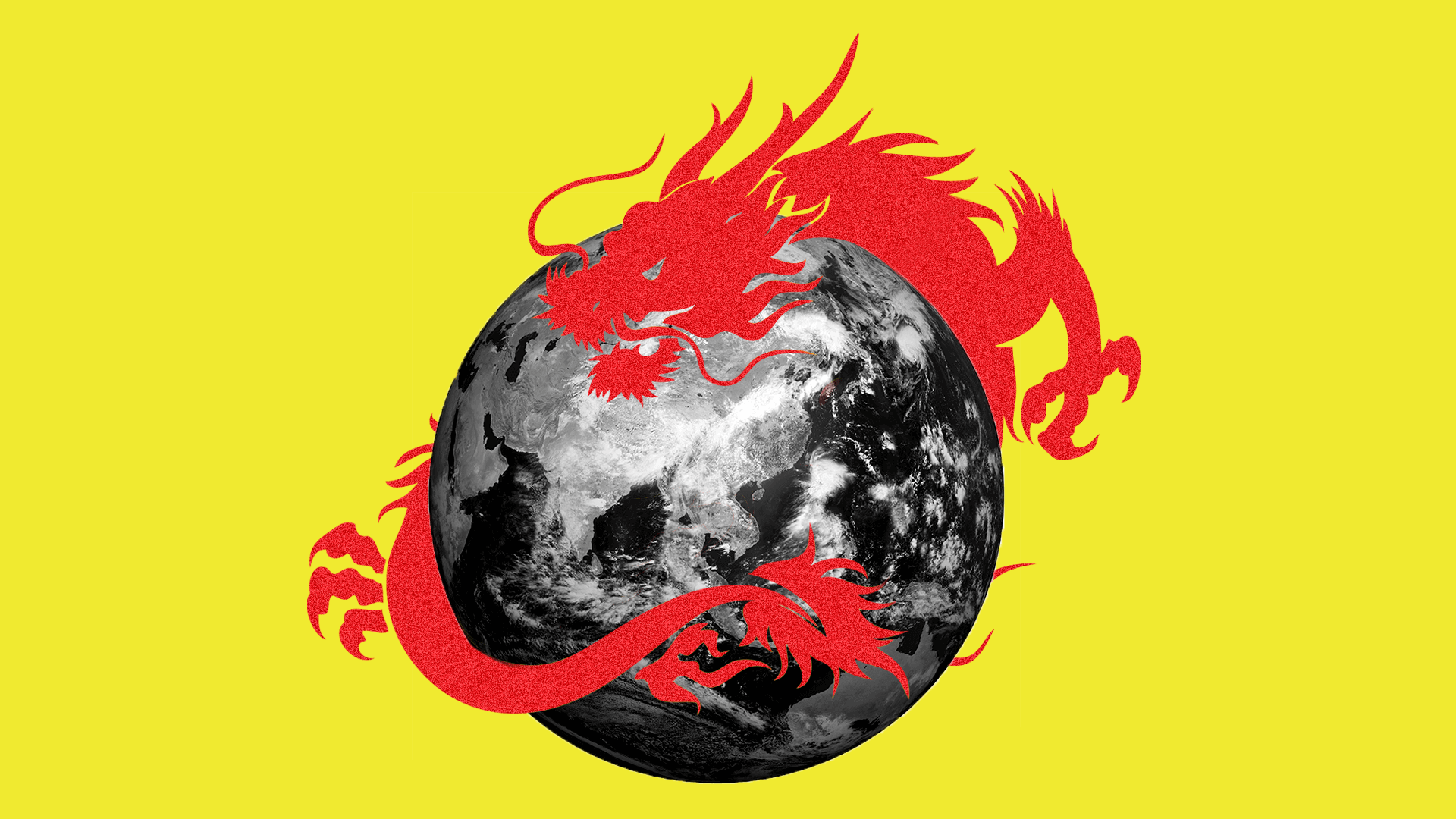
Part V
louisalim/guardian/eyesonsuriname
Amsterdam, July 1st 2022 — Chinese money is also being invested in print media far from home, including in South Africa, where companies linked to the Chinese state have a 20% stake in Independent Media, the country’s second-largest media group, which runs 20 prominent newspapers.
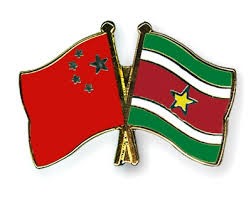
In cases like this, Beijing’s impact on day-to-day operations can be minimal, but there are still things that cannot be said, as one South African journalist, Azad Essa, recently discovered when he used his column, which ran in a number of newspapers published by Independent Media, to criticise Beijing’s mass internment of Uighurs. Hours later, his column had been cancelled. The company blamed a redesign of the paper, which had necessitated changes in the columnists used.
But Essa pulled no punches in a piece he subsequently wrote for Foreign Policy: “Red lines are thick and non-negotiable. Given the economic dependence on the Chinese and crisis in newsrooms, this is rarely confronted. And this is precisely the type of media environment that China wants their African allies to replicate.” This is true not just in Africa, but for China’s media interests across the world.
These days Australia has come to be seen as a petri dish for Chinese influence overseas. At the heart of the row is a controversial Chinese billionaire, Huang Xiangmo, whose links to Labor party politician Sam Dastyari precipitated Dastyari’s resignation in 2017. Three years earlier, Huang provided A$1.8m of seed funding to establish the Australia China Relations Institute, a thinktank based at the University of Technology Sydney. ACRI, which is led by former foreign minister Bob Carr, aims to promote “a positive and optimistic view of Australia-China relations”.
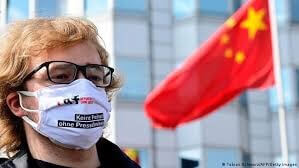
In the past two years, ACRI has spearheaded a programme organising study tours to China for at least 28 high-profile Australian journalists, whisking them on all-expenses tours with extraordinary access. Many of the breathless resulting articles – footnoting their status as “guests of ACRI” or “guests of the All China Journalist Association” – accord remarkably closely with Beijing’s strategic priorities. As well as paeans to China’s modernity and size, the articles advise Australians not to turn their backs on China’s One Belt One Road initiative, and not to publicly criticise China’s policy towards the South China Sea, or anything else for that matter.
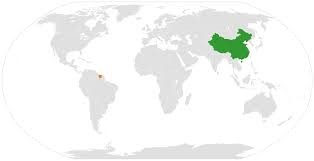
Some observers believe the scheme is tilting China coverage in Australia. Economist Stephen Joske briefed the first ACRI tour on the country’s economic challenges, and was dismayed at the largely uncritical tone of their coverage. “Australian elites have very little real exposure to China,” he said. “There is a vacuum of informed commentary and they [ACRI-sponsored journalists] have filled it with very, very one-sided information.”
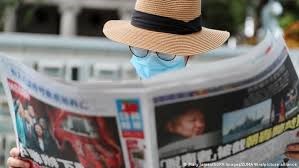
Participants on the study tours do not downplay their influence. “I found the trip fantastic”, says one reporter who asked not to be named. “In Australia, the reporting often doesn’t go beyond having a one-party communist system. There’s a lot of positive things happening in China in terms of technology, business and trade, and that doesn’t get a lot of positive coverage.” Others treat the trips with more caution. “You go on these trips knowing you’re going to be getting their point of view,” says the ABC’s economics correspondent Peter Ryan, who went on an ACRI-sponsored trip in 2016.
ACRI responded to our questions about the trips by issuing a statement, saying that its tours “pale into insignificance” compared with similar trips organised by the US and Israel. A spokesman wrote: “Not for a moment has ACRI ever lobbied journalists about what they write. They are free to take whatever position they want.” The spokesman also confirmed that in-kind support to the trips has been given by the All-China Journalists Association, a Communist party body whose mission is to “tell China’s stories well, spread China’s voice”. For his part, Huang Xiangmo said he has no involvement in ACRI’s operations.
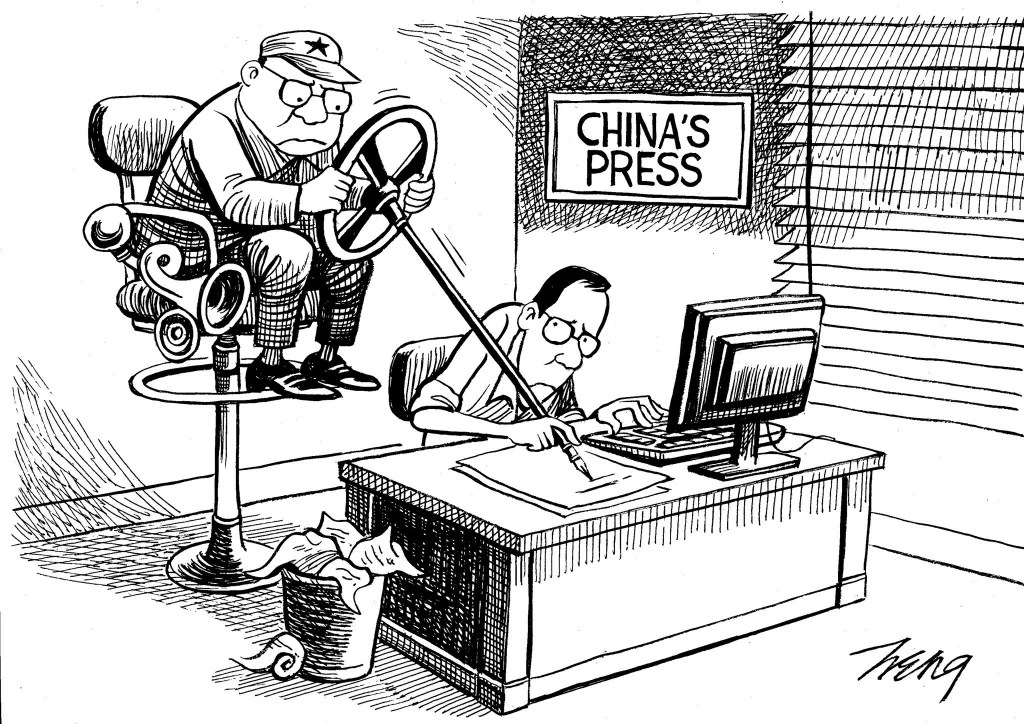
ACRI is a relatively new player in this game. Since 2009, the China-United States Exchange Foundation (Cusef), headed by Hong Kong’s millionaire former chief executive Tung Chee-hwa, has taken 127 US journalists from 40 US outlets to China, as well as congressmen and senators. Since Tung has an official position – vice-chairman of the Chinese government advisory body, the Chinese People’s Political Consultative Conference – Cusef is registered as a “foreign principal” under the Foreign Agents Registration Act (Fara).
End Part V
Part VI follows
louisalim/guardian/eyesonsuriname









